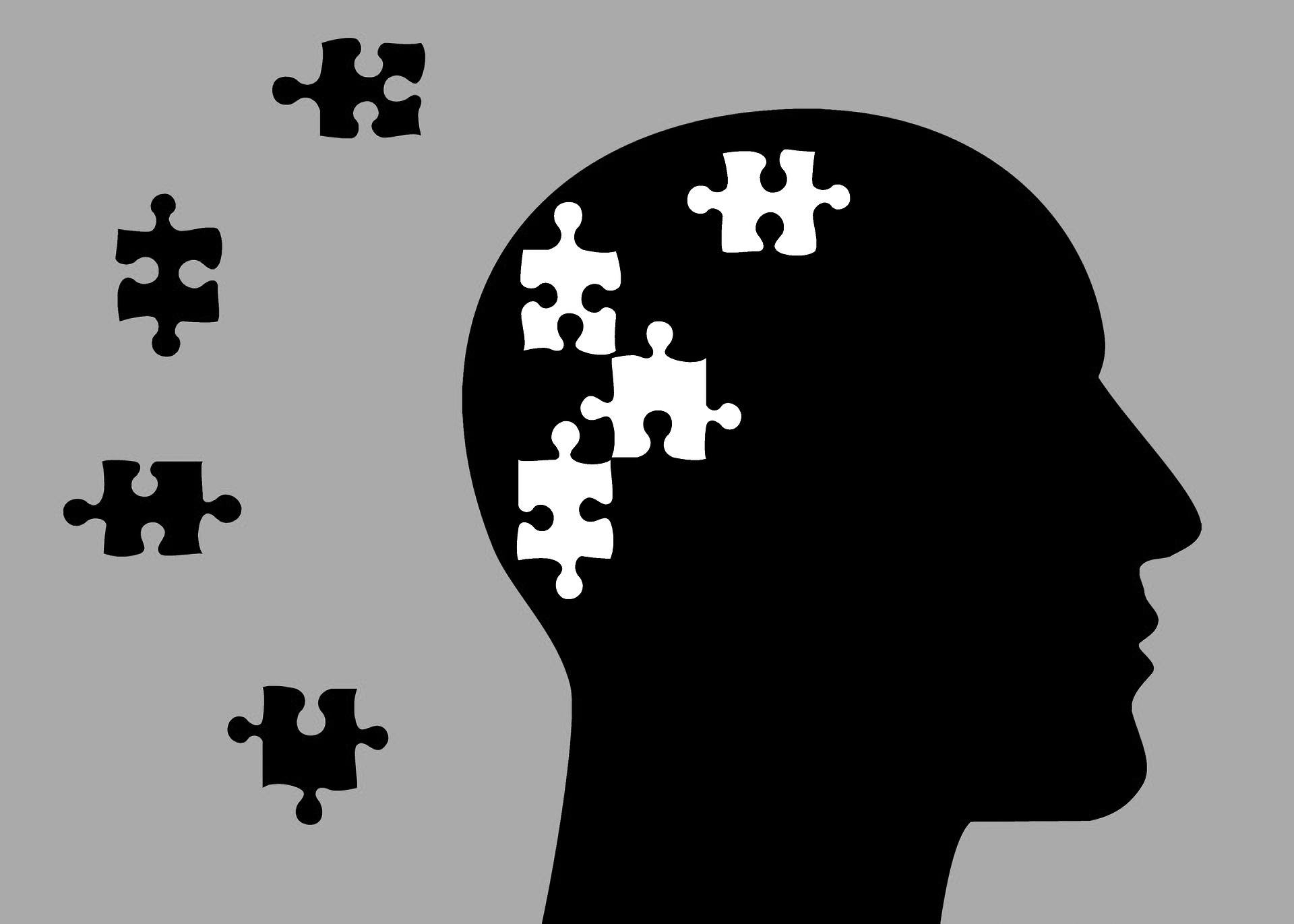Dylan Stoll | Health Editor
Featured Image: Schizophrenic symptoms are not enough to warrant a diagnosis, Heinrichs says. | Pixabay
“Believing something existed and then finding out it didn’t was like reaching the top of the stairs and thinking there was one more step.” This is a quote from a book titled Made You Up by Francesca Zappia. Although the book is fictional, the text depicts the challenging circumstances under which schizophrenics live on a daily basis.
To better understand the reality of the schizophrenic struggle, Excalibur interviewed Dr. Robert Walter Heinrichs, a registered psychiatrist, as well as a professor at York, who specializes in the study of schizophrenia.
“Schizophrenia is a severe disturbance characterized by psychotic symptoms including hallucinations (e.g. hearing voices), delusions (e.g. beliefs in persecution or special powers), communication disorder (e.g. incoherent speech) as well as social withdrawal and disinterest, loss of motivation and bizarre or inappropriate behaviour (e.g. yelling at imaginary people).”
He continues to say that “it is not enough to have these symptoms. To be diagnosed with schizophrenia the symptoms have to persist unless treated, have a disabling effect on a person’s daily life and cannot be the result of drug use or various other medical, psychiatric and developmental conditions.”
Schizophrenia is not very common, but it still affects approximately one percent of the general population. There is no one cause of the mental disorder, but it is considered to be highly heritable. Heinrichs adds, “No single genetic abnormality is sufficient and more than 100 have been implicated.”
It is interesting to note that there is a statistically significant correlation between schizophrenia (or at least schizophrenic symptoms) and a parasite called Toxoplasma gondii, which is found in cat excrement. However, correlation does not imply causation.
“The ‘cat parasite’ Toxoplasma gondii does not ‘cause’ schizophrenia, but it can infect the brain and lead to behavioural changes and various diseases in humans,” Heinrichs clarifies. “Especially those with compromised immune systems as well as in the developing foetus and young children.”
Despite what the tabloids may say, the general consensus among the experts is that the parasite does not produce schizophrenia in its hosts. Dr. Kristina Gicas, a professor at York who specializes in neurodevelopmental disorders, also disagrees with the correlation. Gicas says: “The literature does not support a causal relationship between Toxoplasma gondii and schizophrenia. This parasite is one of several viruses or infectious agents that have been linked to an increase in vulnerability to developing schizophrenia, and these may act through a common pathway.”
Despite the weak association between schizophrenia and cat parasites, there are stronger links to other variables in life. “Numerous other influences elevate the risk above one percent including migration, living in a city, especially as an ethnic minority,” Heinrichs says.
Gicas echoes this sentiment further: “Schizophrenia tends to be overrepresented in marginalized groups, such as persons who are homeless or precariously housed, and immigrant populations. This is likely due to the social and economic barriers that people face.”
Not only do the difficulties associated with immigration correlate with schizophrenia, but so too do the hardships of a traumatic upbringing, maternal malnutrition, and drug abuse. “None of these risks on their own would be considered to have a large effect, but the presence of multiple risks may add up to an increase in the likelihood of developing schizophrenia in someone who also has a genetic vulnerability,” adds Gicas.
A more troubling and disconcerting link perpetuated by the media is that schizophrenics are violent people. Schizophrenia is not rabies; they are not enraged animals; they are people, just like you and I, who have difficulties that the average person could hardly imagine. As such, they should be treated with the dignity and respect all human beings deserve.
As mysterious and enigmatic as schizophrenia may seem, more and more research is being accomplished every day by dedicated experts like Dr. Henrichs and Dr. Gicas. With the spotlight being shone on schizophrenia, and stigmas born of ignorant fear being abolished as a result, we can throw away society’s archaic barriers that serve to only weaken the afflicted through continued adversity. The more we welcome and accept those with schizophrenia, the more easily they will cope, and eventually, the more easily they will heal.


